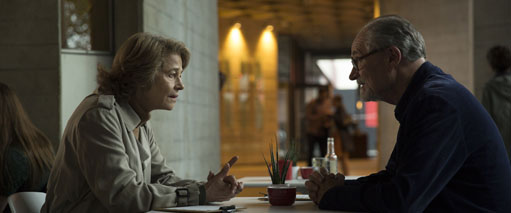Film Review: The Sense Of An Ending
Modest British Drama Pits The Past Against The Present, But Neither One Is Really That Big A Deal


Latest Article|September 3, 2020|Free
::Making Grown Men Cry Since 1992

